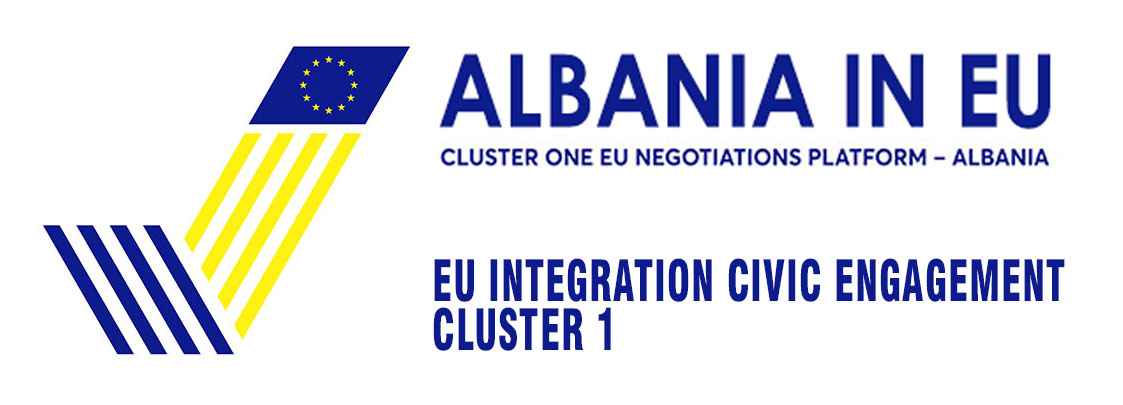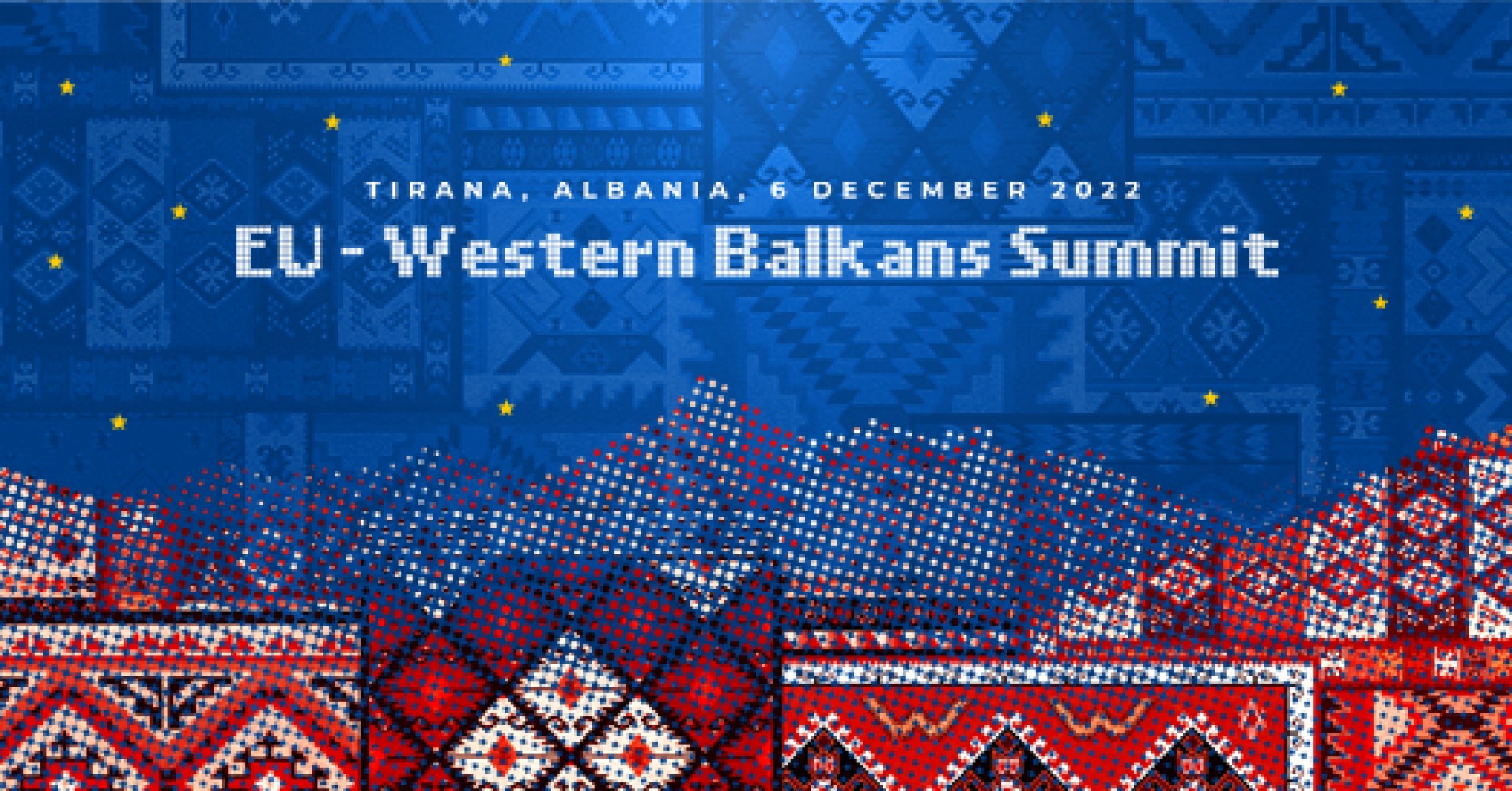EU-Western Balkan Summit was held in Tirana, another milestone on EU policy strategy towards the region, it is also worth mentioning that the European Parliament adopted a new resolution on the enlargement process where, EP asks the European Commission and members states to push forward the process of EU integration in the Balkans.
Holding the summit in Tirana and for the first time in the Western Balkans is a good signal but not a conclusion. EU Enlargement is not just politically driven but also social and national objective. The summit is an opportunity to reaffirm the importance of the strategic partnership between the EU and the Western Balkans, a region with a clear EU perspective. The main topics of discussion are all:
- tackling the consequences of the Russian aggression against Ukraine together
- intensifying political and policy engagement
- reinforcing security and building resilience against foreign interference addressing the challenges posed by migration, the fight against terrorism and organized crime
19th July, 2022 marked a key moment for the history of Albania and its journey towards the calls “We love Albania like all of Europe”. The holding of the First Intergovernmental Conference constitutes a strong political message for a country that aspires to become a member of the European Union, but as has often been mentioned, this moment is not the end but the beginning of the path that will have to be fulfilled.
Since that date, the journey has already started and Albania has begun to have an assessment on the compatibility of its legislation with the European acquis. After the Commission officially presented the EU legislation to the Albanian authorities in September-October, in November, the representatives of the Albanian institutions presented to the European Commission the Albanian legislation for the areas covered by Cluster 1 and these presentations will continue during December.
All these developments during the second half of this year will have to give a new development to Albania’s relations with the EU. Even though the formal processes are being developed, it will be necessary for the institutions, especially those of the executive power, to implement the required policies and standards so that the integration process does not have a stopping point or even a turning point in the opposite direction.
Albania will have to be careful with the fiscal and criminal amnesty process as its approval at the current stage of the draft would be an open opposition to the recommendations and requirements of the EU. Also, the idea of the Albanian government to apply the citizenship scheme through investment – otherwise known as the “golden passport” has been severely criticized by the European Union in the last two EC reports.
According to EC reports in recent years, despite the expressed progress, in fact the Commission has not increased the level of Albania’s preparation for the chapters that are part of the Cluster 1.
Therefore, it is necessary that, based on facts and real assessments, Albania continues to be behind in the integration process compared to the rest of the countries in the region. The implementation of the approved standards and laws still remains a big challenge for institutions and the entire Albanian society.
Despite the fact that during this year several historical moments in the European journey of our country have been reached on paper, the real challenges have just begun and to be prepared we not only have to “Europeanize” ourselves but we must be critical and not euphoric in this journey that it will be as long as we are prepared to focus.

